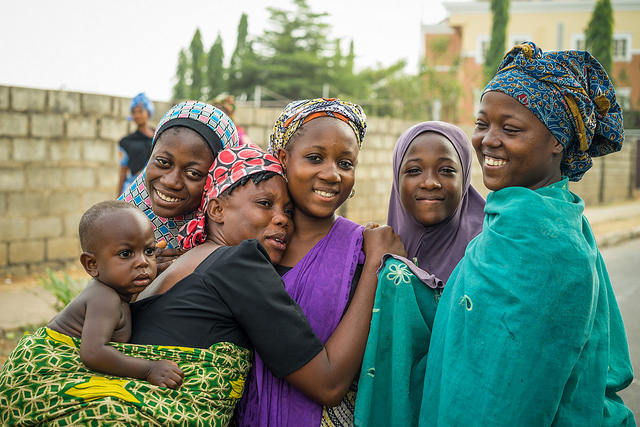Krachi East District:
Nurturing Health Lives

According to the World Health Organization, 99% of maternal deaths occur in developing countries, reflecting the unequal access to health services across the world. In addition, complications in pregnancy and childbirth are one of the leading causes of death among adolescent girls in developing countries.
Since its inception, Lineenbaal Women Association has reached over 1750 vulnerable women in the Krachi East District with information and access to sexual, reproductive, and maternal health services, family planning, the prevention, detection, and treatment of sexually transmitted infections, and maternal and neonatal care, including emergency obstetric care.
Working in the Kpandai District, Lineenbaal Women Association is empowering women to realize their reproductive rights. Lineenbaal Women Association has helped a Mother’s Group establish techniques to support each other during and after pregnancy. SATH (an acronym for ‘Self-Applied Technique for Health) enables the women to map out the health-seeking behavior of expectant mothers, supported by their Female Community Health Volunteer.
By creating a living map with the geographic position of all the houses in their community, the women record who is pregnant at that time. The community keeps track of important actions that can help prevent maternal and neonatal deaths by noting when an expectant mother takes iron supplements and goes to the local health centre for her antenatal visits. By knowing who has not been following this health advice, the female community health volunteer can follow up with mothers-to-be who are not engaging in actions that could prevent complications or deaths. The community tracking system encourages and incentivizes pregnant women to adopt behaviors that will improve both maternal and neonatal health, because mothers want to be seen to be doing the right thing for themselves and their child.
Lineenbaal Women Association’s focus on maternal health is evidenced by its work in remote areas of the Kpandai District, which is complemented by projects addressing hygiene, nutritional farming practices, and economic empowerment. Mothers learn about boiling water, handwashing, and ways to prevent malarial infection. Families use new agricultural techniques to ensure that they will have enough nutritious food to survive the next few seasons. Women get the chance to participate in village savings and loan groups in order to become more self-sufficient and autonomous in their communities. By improving the health of mothers and children, entire populations are becoming more resilient in the face of poverty and climate change.
